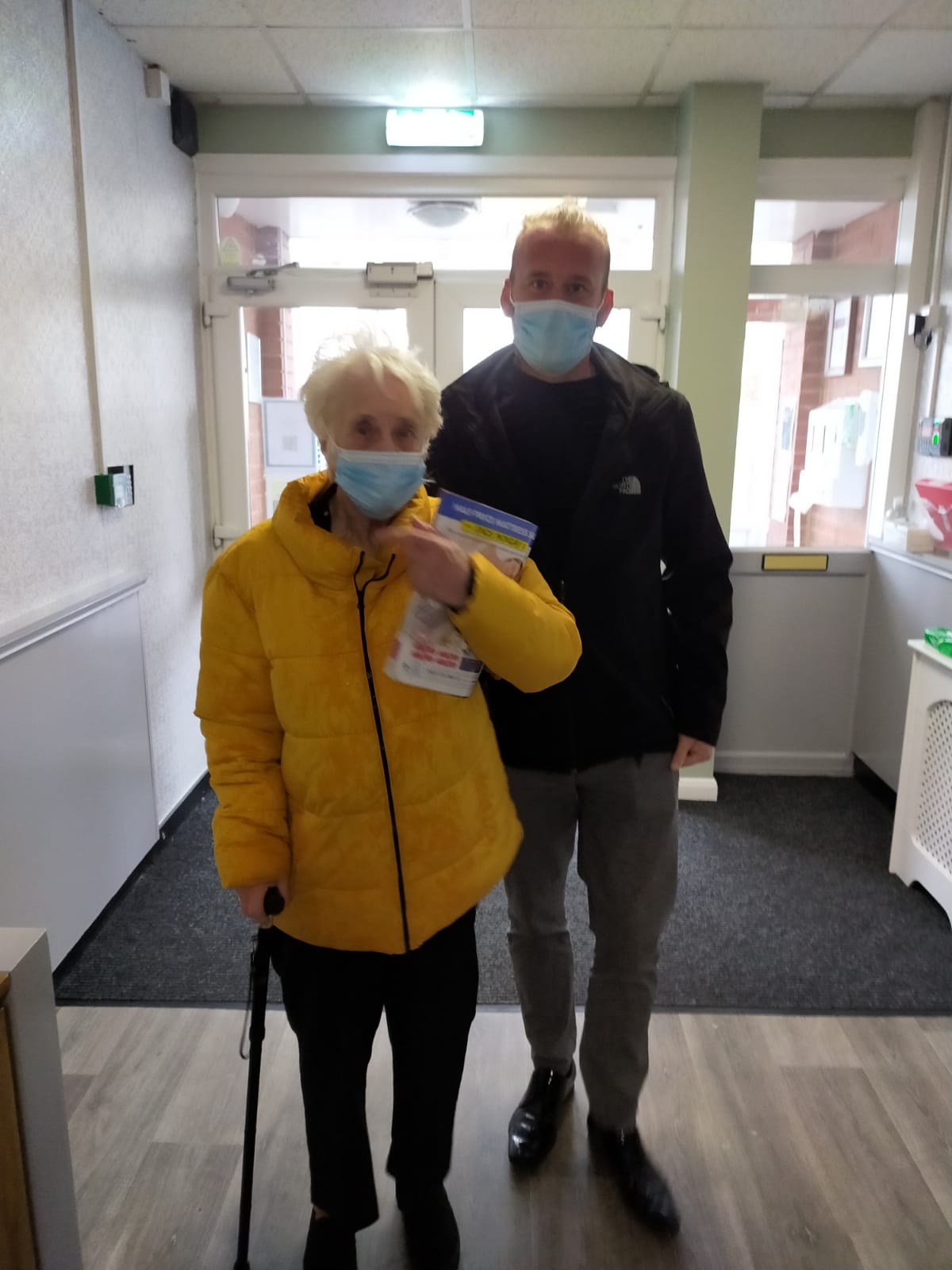
17 Oct Why care home activities are important
In the dictionary, the definition of activities includes synonyms such as live and liveliness, animation, activeness, entertainment, hobby, spirit, and vitality. Even though our loved ones are in a residential or nursing home we would hope that these things are part of the care given as well as meeting individual personal needs. The quality of life that the resident has depends on all of the above, not just the practical things.
Activities are different for everyone but should always be enriching and beneficial to each individual. Dementia doesn’t change this and doesn’t define that person. Individuals can still enjoy fun and laughter even with the disease. Dementia is interchangeable and will affect people in different ways at different times of the day so don’t give up. If a resident doesn’t want to engage on that day, they may want to the next.
Activities are about connecting with a person and this is harder in a large group. Difficulties with eyesight, hearing, or levels of dementia can all affect how and if a person is able to participate purposefully. Small groups and one-to-ones work better because of these reasons.
Some of the activities we have at our residential and nursing homes include, listening to music, trips out, animals, pamper days, light exercise, dog therapy, and food tasting sessions. However, there are also many other activities that happen naturally throughout the day with all members of staff. In other words, activities don’t have to be a planned event, they can be chatting and reminiscing, sharing a silly joke, and just generally showing all our residents kindness, compassion
and respect.
